Meet our Medical Advisory Board
Our Medical Advisory Board is the cornerstone of our medical expertise, offering the most current insights and information about assisted reproductive technology and guiding the future offerings at Progyny.

Janet Choi, MD
CHIEF MEDICAL OFFICER, Progyny
Dr. Janet M. Choi is a board-certified reproductive endocrinologist and serves as the Chief Medical Officer for Progyny where she brings her expertise to ensure Progyny provides the highest quality fertility and family building services to our members and continues to raise the bar as the industry leader.
Dr. Choi has written, published, and lectured extensively on infertility, onco-fertility, and fertility preservation. She is an active member of the American Society for Reproductive Medicine, the American College of Obstetricians and Gynecologists, as well as the New York Obstetrical Society. She has been selected as one of New York Magazine’s Top Doctors as well as a New York Super Doctor annually since 2018; a Castle Connolly Exceptional Woman in Medicine every year since 2019; and has been annually listed with Castle Connolly’s “Top Doctors” since 2015.
Prior to Progyny, Dr. Choi was the medical director of CCRM New York for the last 7 years. Before CCRM, she was an assistant clinical professor in Obstetrics and Gynecology at Columbia University Medical Center and served as the Director of Onco-fertility and Co-Director of the Fertility Preservation Program.
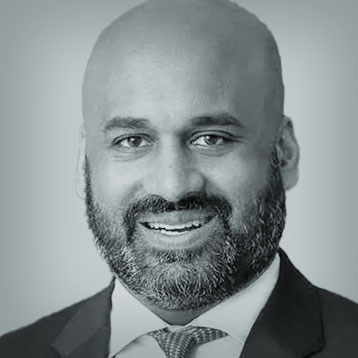
Joseph Alukal, MD
Columbia University
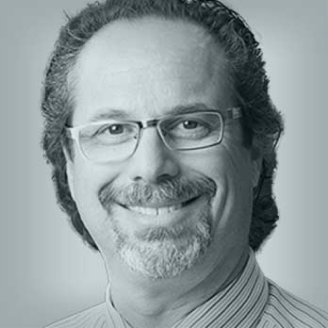
Barry Behr, PhD
STANFORD MEDICINE

Whitney Booker, MD
COLUMBIA UNIVERSITY
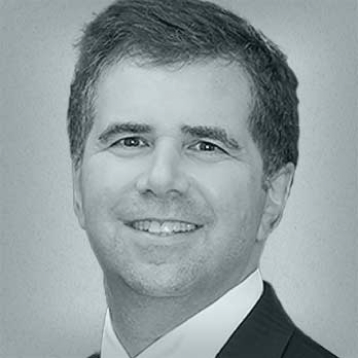
Alan Copperman, MD
RMA OF NEW YORK

Elizabeth Fino, MD
NYU Fertility Center
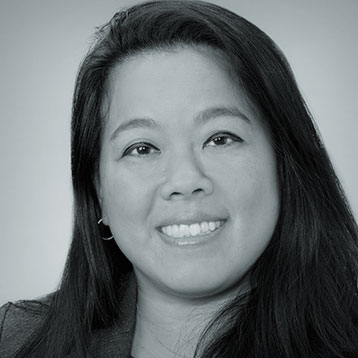
Kathleen Hwang, MD
Penn Medicine
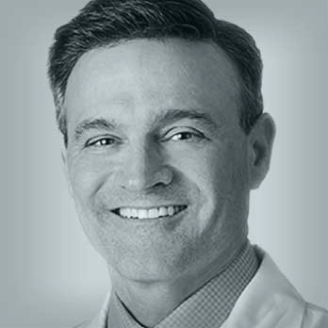
Brad Kolb, MD
HRC FERTILITY

Jonathan Kort, MD
REPRODUCTIVE MEDICINE ASSOCIATES OF NORTHERN CALIFORNIA

Gerard Letterie, DO
SEATTLE REPRODUCTIVE MEDICINE

Lorna Marshall, MD
PACIFIC NW FERTILITY
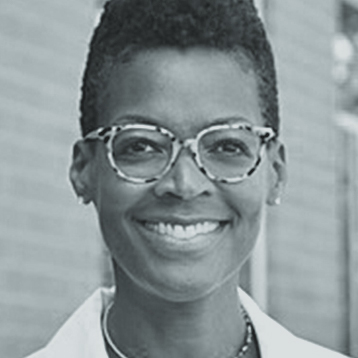
Desiree McCarthy-Keith, MD
Shady Grove Fertility Atlanta
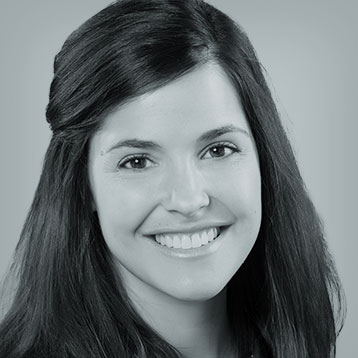
Lauren Murphy, MD
Boston IVF

Gloria Richard-Davis, MD
MOREHOUSE SCHOOL OF MEDICINE

Kaylen Silverberg, MD
Texas Fertility Center
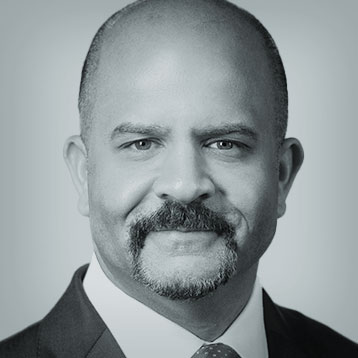
Aaron Styer, MD
CCRM Boston
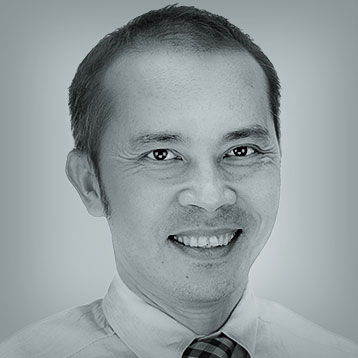
Nam Tran, PhD, MD
Spring Fertility

Danielle Vitiello, PhD, MD
Fertility Center of New England